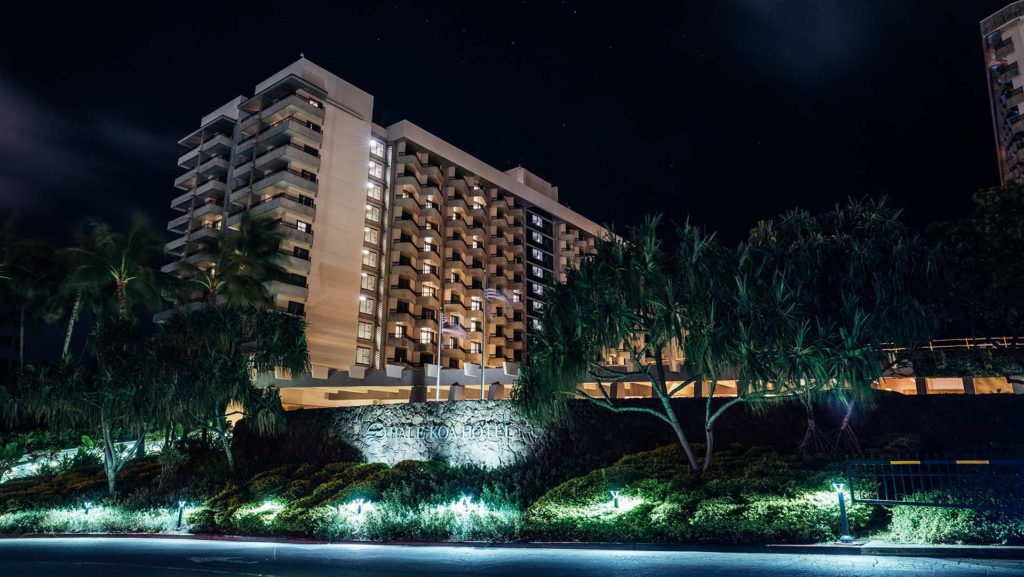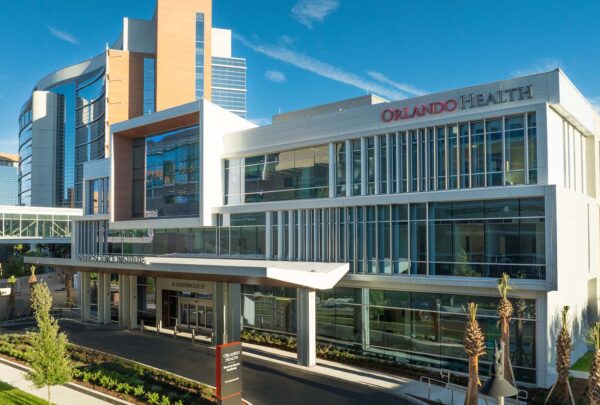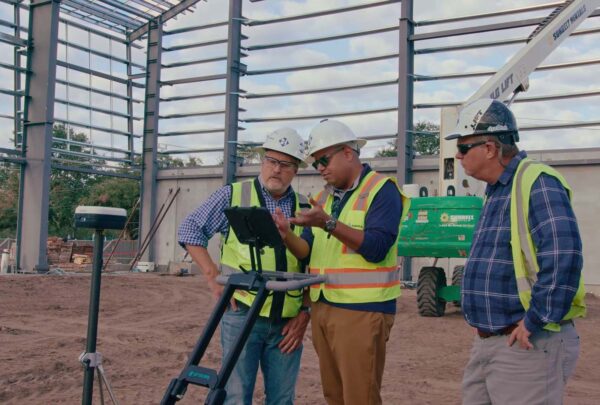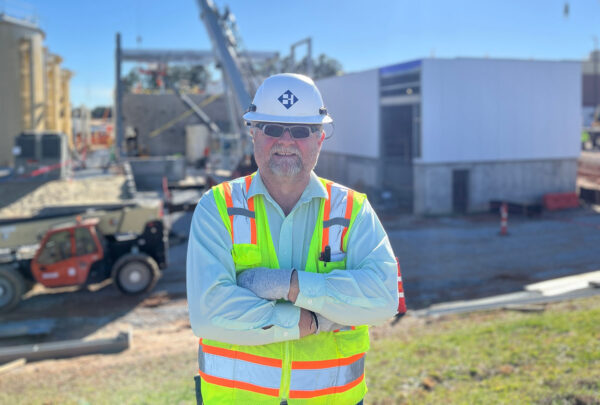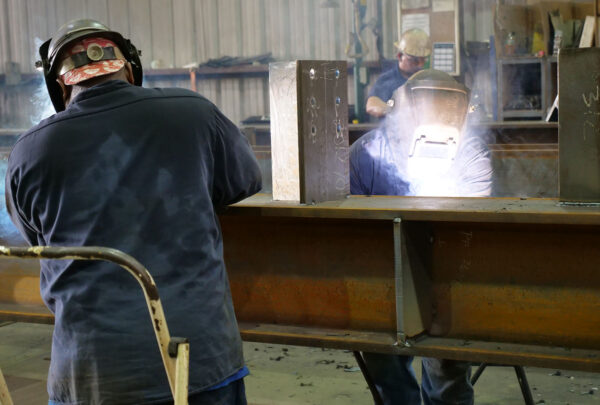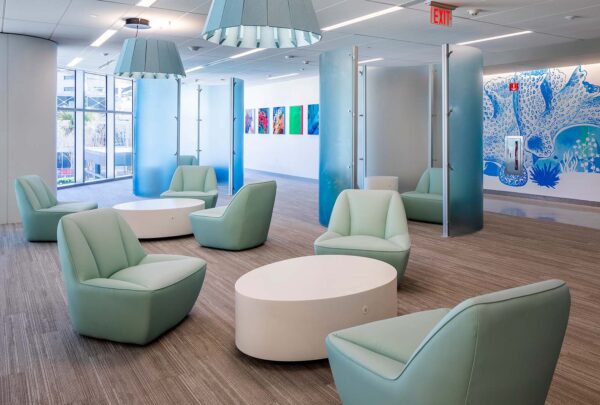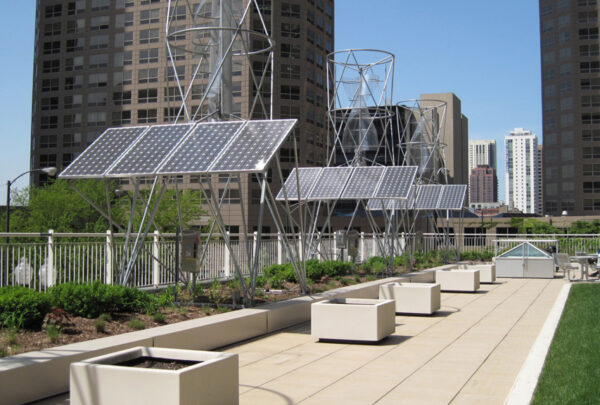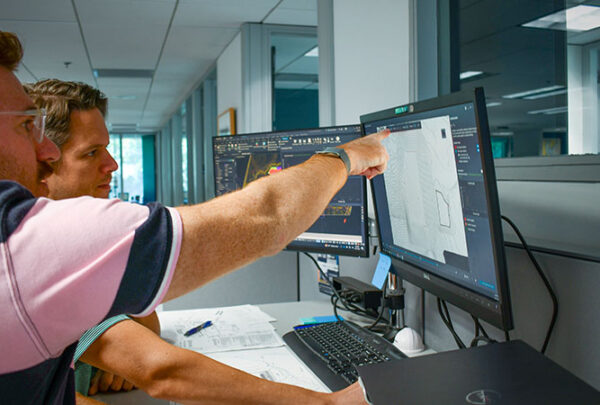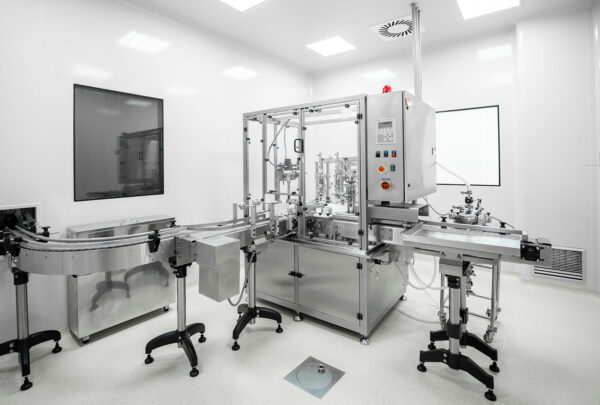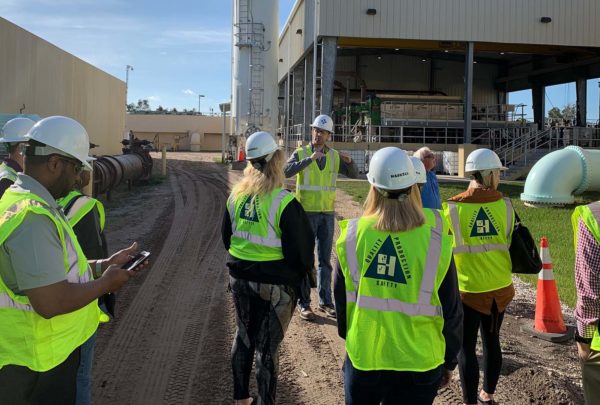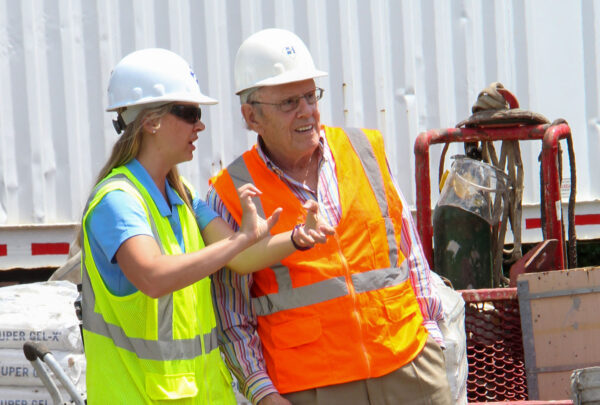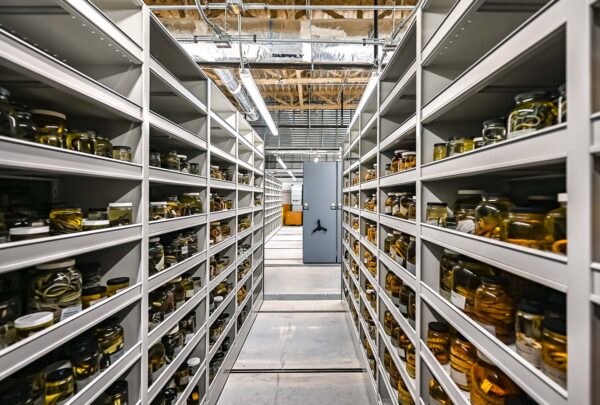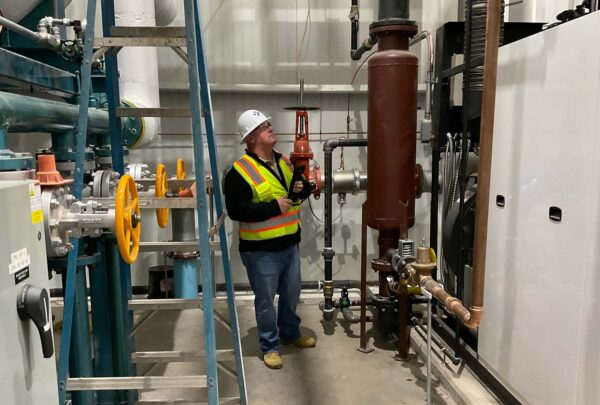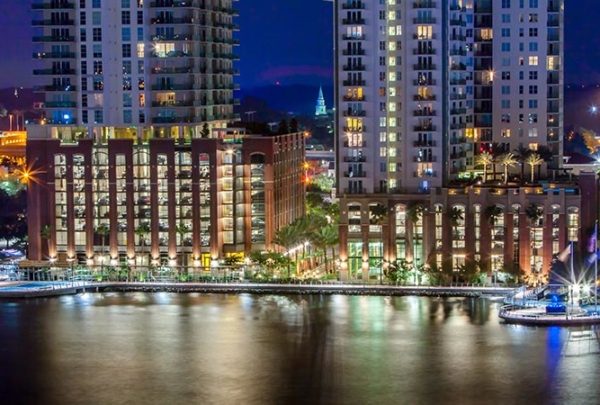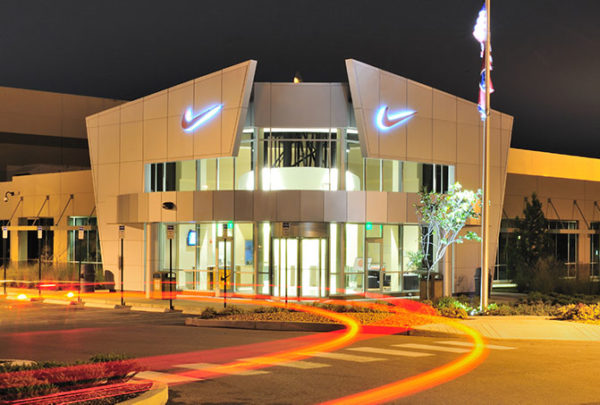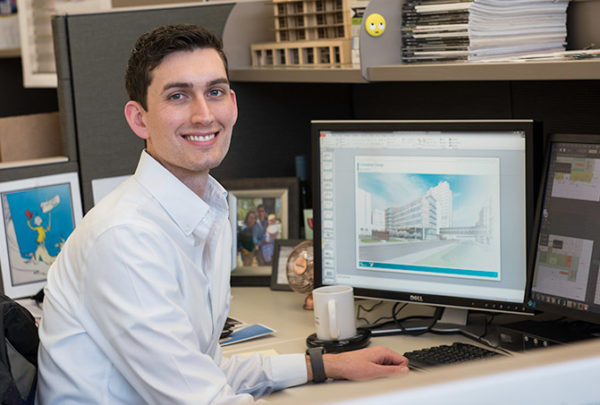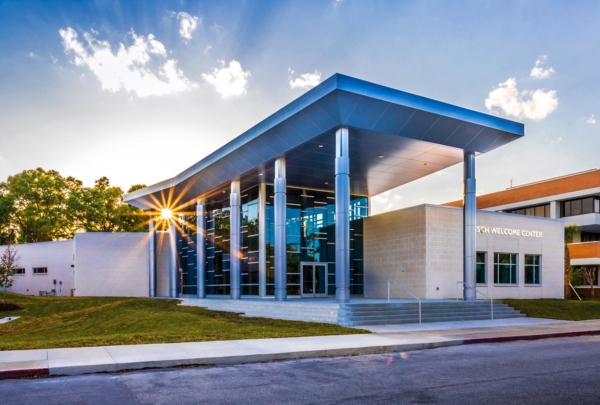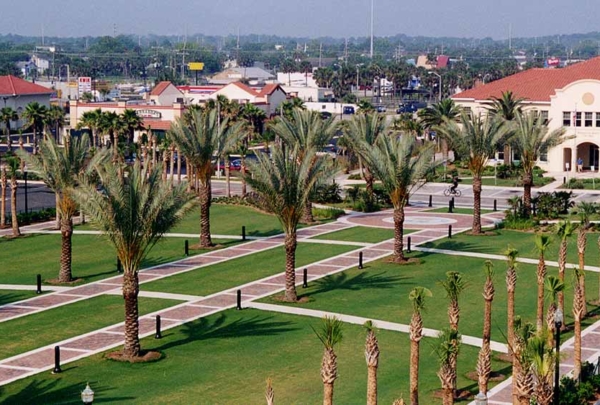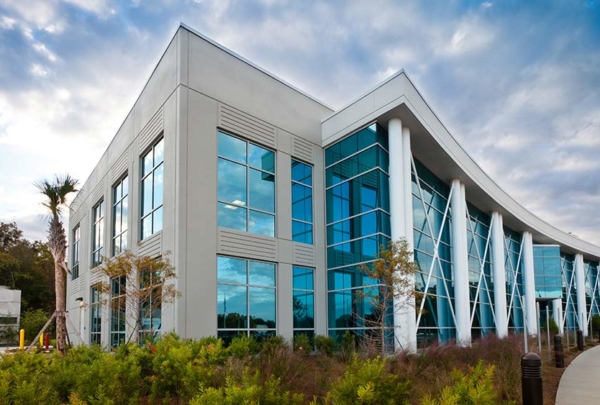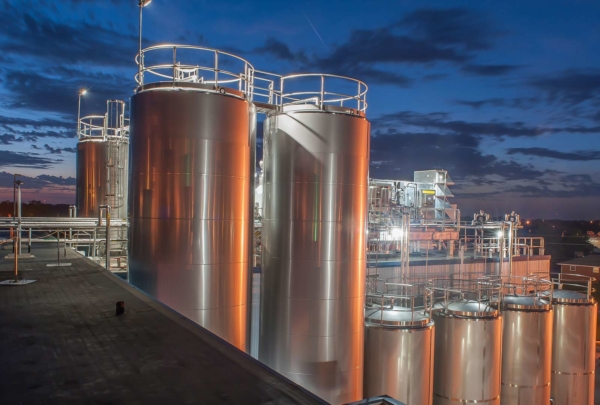Corporate net-zero pledges are the rule rather the exception, with 92% of global GDP now covered by some form of net-zero target. Since June 2022, the number of net-zero targets has risen more than 40% and now includes half of the world’s 2,000 largest companies, according to a recent analysis by Net Zero Tracker.
Net zero is now a corporate norm, and the private sector’s commitment to reducing its carbon footprint has led to increased demand for sustainable building practices. More and more, new and existing clients include such requests as they seek planning and construction of facilities, said Thomas Warner, AIA, LEED ® AP BD+C, GPCF, CCS, Haskell’s Sustainability Manager and chair of the company’s Sustainability Council.
Sustainable Solutions You Can Trust
With 127 Sustainability Certified projects to its credit, Haskell’s team of more than 100 Accredited Professionals and our sustainability-experienced design and construction personnel work collaboratively to ensure your sustainability goals are met and exceeded. Utilizing cutting-edge technologies, tools and knowledge, our teams develop and implement efficient and cost-effective strategies to minimize a project’s environmental impact within budget.
“Now, every company understands the concept of sustainability, and most businesses are actively searching for architecture, engineering and construction (AEC) solutions that reduce their carbon emission,” Warner said. “Younger generations’ passion for sustainability has pushed the private sector to become more environmentally conscious. However, there is another factor at play here: long-term operating expense (OPEX) savings.”
Haskell is ranked No. 2 among GREEN Manufacturing & Industrial Contractors and No. 22 in the Top 100 Green Building Contractors by Engineering News-Record. It has not years but decades of green-building experience.
The United States Green Building Council (USGBC) was created in 1993, and standards for Leadership in Energy and Environmental Design (LEED) certification, the most widely recognized sustainable building program, were first issued in March 2000.
Warner joined Haskell in 2001. His first sustainability assignment included the LEED Gold certification of a training facility for the New Hampshire Air National Guard and has led the sustainability efforts on over 40 projects since.
As Haskell’s recently named Sustainability Manager and now a GBI Guiding Principles Compliance Fellow, Warner provides additional training opportunities for Haskell staff to become sustainably accredited or maintain their accreditations. He also coordinates or participates in the company’s efforts to be a sustainability leader in the Design-Build community, a company that values and participates in sustainability events in the community, and a company dedicated to advancing sustainability principles within the Haskell family.
The first green building boom grew in popularity and availability until about 2010 when project owners found that the additional capital expense required produced little return. Their enthusiasm waned.
“Companies became more skeptical of green buildings due to facility costs increasing by around 5 to 7%,” Warner said. “At that time, there were very few economic incentives for continuing to build expensive green buildings, so demand slowed down.”
Of course, that dip in demand was temporary, and the importance of environmental stewardship has exploded in the years since. Twenty years ago, Warner said, 10 in 200 vendors he polled were familiar with the concept of sustainable building materials. Now, such awareness is ubiquitous.
Haskell has remained committed to green building throughout. Among its growing workforce, which now numbers more than 2,200 team members, are over 100 sustainability-accredited professionals, including LEED AP, LEED AP BD+C, LEED AP ID+C, LEED AP O+M, LEED Green Associate, Green Globe Professional, Envision Sustainability Professional, Parksmart Advisor, Guiding Principles Compliance Professional and WELL AP.
To date, Haskell has built more than 16.3 million square feet of LEED-certified project area valued at more than $2.4 billion in 29 states and four different countries.
“Think of Haskell’s sustainability offerings like a restaurant menu,” Warner said. “The customers can pick and choose what they want, and Haskell will deliver it to them. LEED is stringent, and not all clients have the means to meet LEED requirements. Therefore, Haskell can work with customers to come up with a carbon footprint reduction plan that suits their needs. LEED certification is great, but there are lots of other methods for sustainable buildings. Haskell can deliver a wide variety of green design solutions, whether it’s LEED, WELL, Green Globe, Net-Zero, or a custom-made plan for specific client requirements.”
Even now, the ends of sustainability certification, particularly the extremely stringent LEED v4.0 and v4.1, sometimes fall short of justifying the means necessary to achieve them. However, Haskell collaborates with and advises project owners to help them make significant, cost-effective choices that achieve their goals of reducing their carbon footprint.
Site planning can orient new facilities to maximize natural lighting. LED lighting, interior finishes that are low in volatile organic compounds (VOC) and harmful emissions, thermoplastic polyolefin (TPO) roofing, air-sourced heat pumps, variable-frequency drives (VFD) on HVAC system motors (and process equipment) and low-flush toilets are all effective and affordable solutions that can achieve valuable outcomes.
“Sustainable design improvements do more than just lower OPEX,” Warner said. “They improve the work environment. Sustainable buildings provide employees with a safer and healthier workplace.”
Haskell is committed to its role as a leader in environmental sustainability in the AEC industry. We view our role in furthering sustainability in three dimensions: leading by example, through service and through active support of community organizations. Contact us to learn more and to discuss your next sustainable project.
